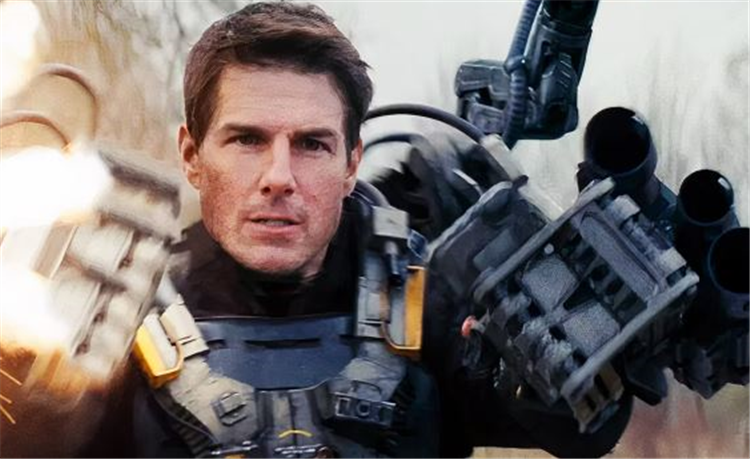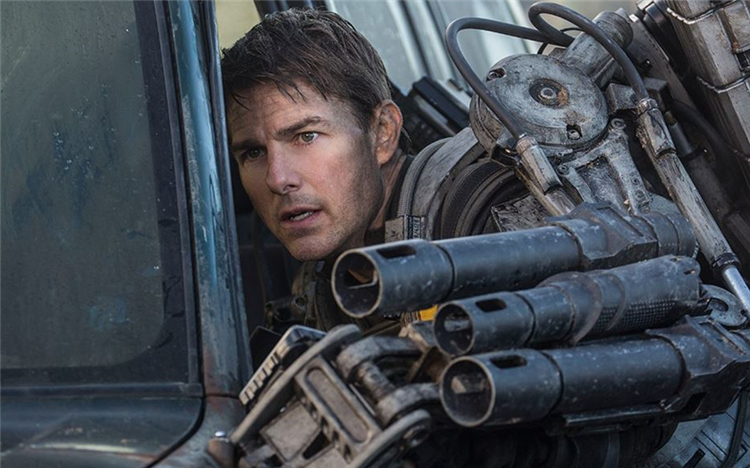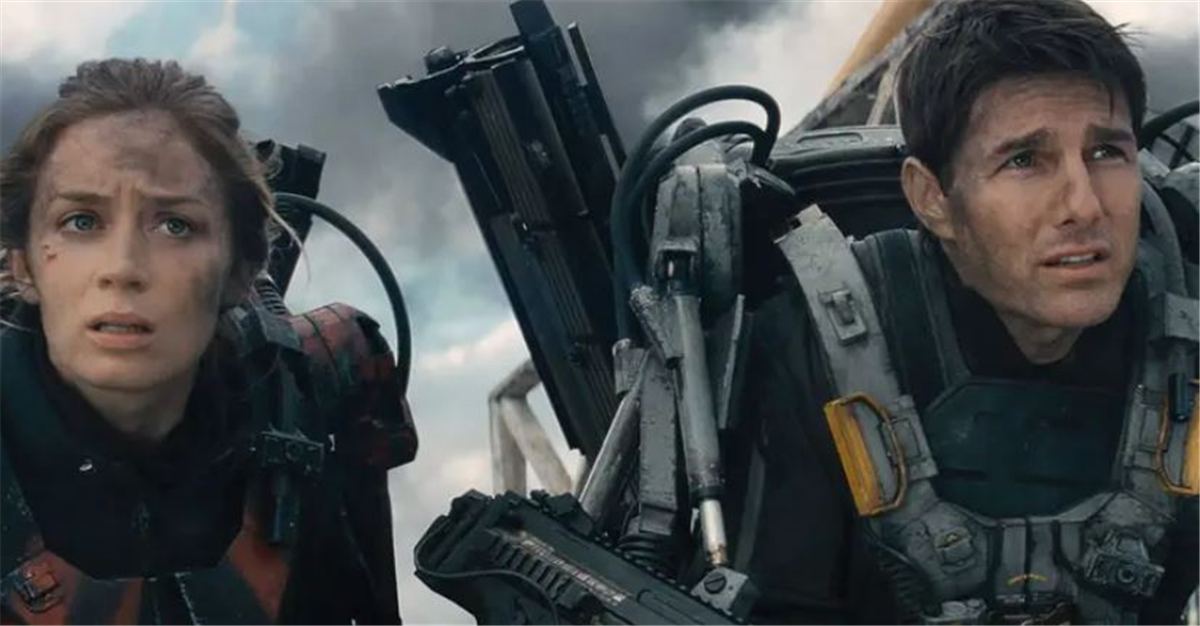Although not a big financial success, Edge of Tomorrow has become a beloved film, with its popularity and calls for a sequel only seeming to increase even a decade after its 2014 release. Praise for the Doug Liman-directed film focuses on its creative use of the classic time loop premise, intense science fiction action, and compelling performances from stars Tom Cruise and Emily Blunt. That said, the film’s ending is somewhat divisive, with some viewers arguing that it is confusing or unbelievable given the story’s previously established rules and that it is too optimistic. However, an earlier version of the conclusion described by screenwriter Christopher McQuarrie sounds like it could have made the film much too complicated and bleak.
How Does ‘Edge of Tomorrow’ End?
Loosely based on the Japanese light novel All You Need Is Kill by Hiroshi Sakurazaka, Edge of Tomorrow takes place in a future where humanity is at war with a race of aliens referred to as “Mimics”. After disrespecting superior officer General Brigham (Brendan Gleeson), William Cage (Cruise), a major in the public affairs division of Earth’s United Defense Force (UDF), is sent to the front lines despite his complete lack of combat experience. Cage is predictably killed in a chaotic battle, but before he dies, a special type of Mimic referred to as an “Alpha” bleeds on him. This gives Cage the ability to alter the flow of time, resetting himself at the beginning of the same day over and over, which he does subconsciously whenever he dies.

He soon encounters celebrated Sergeant Rita Vrataski (Blunt), who had previously had the same ability, allowing her to earn a major victory against the Mimics, before losing it due to a blood transfusion. Rita and scientist Dr. Noah Carter (Noah Taylor) explain that the Mimics are controlled by a singular organism called the Omega, which uses its own time-warping abilities to reset the day whenever an Alpha is killed. Cage begins to repetitively train and work with Rita to kill the Omega in the hopes that doing so will permanently defeat the Mimics.
After unsuccessfully working through the time loop countless times, and developing strong romantic feelings for Rita in the process, Cage is knocked unconscious and given a blood transfusion. Despite no longer being able to reset the day, he and Rita continue to work to kill the Omega, which they locate under the Louvre. They recruit the J-Squad, the unit Cage was sent to the front lines with, for a final assault. In the finished film, Cage is wounded, seemingly fatally, during this mission, but manages to detonate a belt of grenades, simultaneously killing both the Omega and an Alpha and exposing him to the former’s blood. This causes time to be reset all the way back to the morning of Cage’s initial meeting with Brigham, but in a timeline where all the Mimics have been disabled after an energy surge in Paris the night before. In this timeline, the J-Squad and Rita, who were all killed during the final mission, are again alive but have no memories of their experiences with Cage. Cage goes to see Rita, who asks him what he wants in the same gruff way she did every time he introduced himself, making him smile.
Alternate Endings Would Have Made ‘Edge of Tomorrow’ a Darker Film

McQuarrie told Film School Rejects that he pitched a version of the third act in which one member of the team would be attacked by and forced to kill an Alpha, despite Cage’s warning that doing so would cause the Omega to reset the day. This happens just as he said and in the second version of the briefing, the team is ambushed by Mimics, given that the Omega now knows of their upcoming attack. McQuarrie described how, because of this, “As the audience, you realize the enemy knows they’re coming,” but noted that, “The problem was you were so exhausted by the time you got to that point,” implying that he ultimately realized that this additional challenge for the heroes could result in the film being longer and more complicated than necessary. Once you watch the finished film, it’s hard to disagree with him.
Like all great time loop stories, Edge of Tomorrow finds the right balance between repeating itself enough that the viewer experiences some semblance of what the protagonist is going through without itself becoming similarly excruciating. Adding this twist to the finale could have pushed the film into the realm of tediousness. Switching to another character’s perspective after all the rest of the film had been shown from Cage’s would have also been quite jarring and random.
McQuarrie also described envisioning the film as simply ending as soon as Cage wakes back up on his way to the meeting, in the hopes of creating ambiguity as to whether all the events of the film had actually happened. Referring to viewers who objected to the existing ending, he opined that they would only be satisfied with an ending that wasn’t happy and stated that, “We weren’t interested in doing that. It needed to end in a way that wasn’t harsh.” Whether one views the existing ending as satisfying or not, it’s easy to understand his emotional logic. Despite addressing serious themes about war and trauma, the film is ultimately a lighthearted, often quite comedic, action adventure, so a mostly uplifting ending was the right choice. Plus, there is already a bittersweet aspect to the ending, as with Rita not remembering any of her experiences with Cage, there’s a chance they may not form the same kind of bond in the new timeline.
